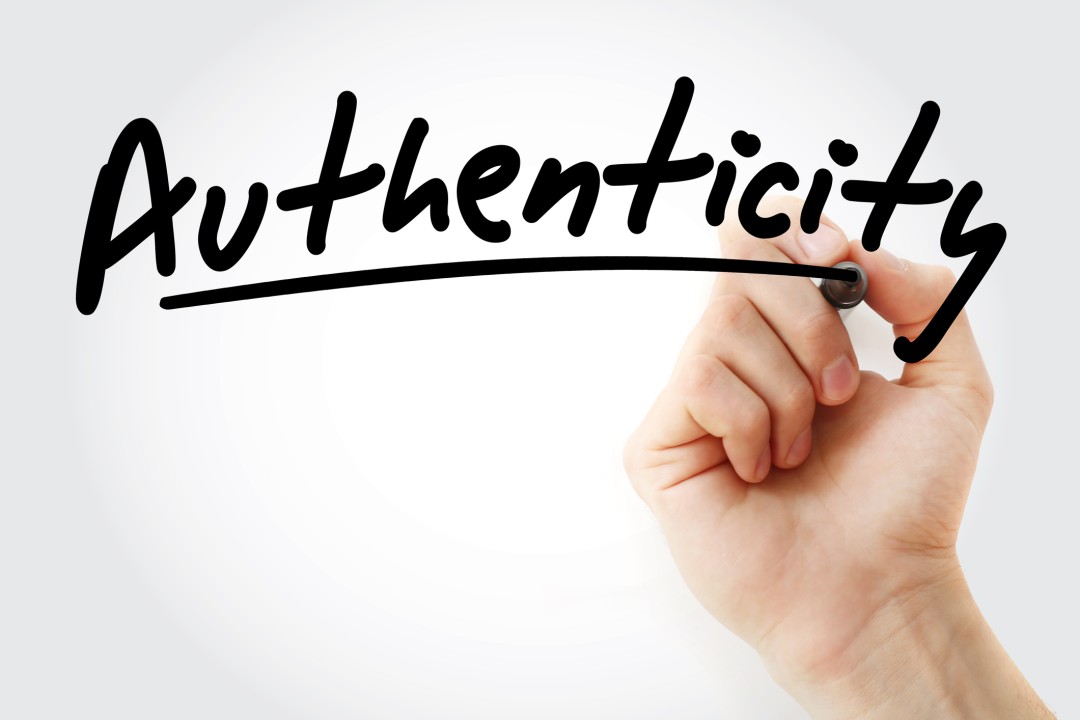I love it when after a major game, people who have little to no experience with the NFL or professional athletes, do the Monday morning quarterbacking and procl aim the connections to business.
aim the connections to business.
Certainly, professional sports can serve as a cool way to learn about leadership and teamwork, but you’ve got to take it in context plus remember that many people are not sports fans. Some may wear the hats and jerseys, nod their heads, smile and cheer, but if you ask them how many innings there are in the quarter, they will answer a basket is worth 2 points.
So, what are some meaningful lessons and how can sports fans and non-sports fans alike learn them?
As professional speech coaches, we’ve worked with pro-athletes, their coaches, and senior team executives in several major leagues. From that perspective, looking through the lens of communication, we do get to hear firsthand how these executives, coaches, and professional athletes think.
Some things we learned:
1) Great athletes enjoy practice and consistently strive to get the most out of it. So in business, consider the important presentations or conversations you have on a regular basis. Do you practice them? Most business professionals think it through, go through it once or twice in their head, and call it a day. Then they feel bad when the meeting does not go as well as they wished. It’s simply not enough to think about what you’re going to say. We’ve found it helps profoundly if you practice. Also, be careful not to use the word ‘rehearse’.
At The Speech improvement Company, we are sensitive not to use theatre-based references, as they can shape the perception that what you’re doing is acting. It’s not. Professional football players don’t show up every day for rehearsal, they show up for practice. Speech is a behavior, same as running or throwing, and it takes practice to do it well.
2) Great athletes keep their cool under pressure. Sounds obvious, right? But think about your work day. Do you find that you get frustrated or angered, when a company decision doesn’t go your way? When a specific client complains? When an employee doesn’t improve? Have you ever been ‘set off’ by a nasty e-mail? We have a saying: our attitudes become communication. The way we think about something becomes the way we communicate it. Even if we use the right words, our tone, gestures, and body language may say other things. So, do your best to control those attitudes. Don’t overreact, but instead take a moment to not panic, and just focus on doing your job. If you’ve been practicing, this is easy. If you don’t practice, then…well…ummm…see #1 above.
3) Great athletes train with others, they don’t do it alone. They work with coaches and other specialists who can help them assess, focus, then hone their skills. They don’t find the time to do this, they make it because it’s a priority. They know it’s essential for their success. In the business world, the best leaders work with speech coaches to help them train. Coaches work with them to assess and improve their communication skills so they can motivate, manage, and lead even in the most difficult moments.
If you’re thinking of getting started, work with a coach who is professional, responsive, and an authority on the topic. A client of mine, a doctor, once said that when going in for surgery, you don’t want the head of the department. You want the doc who is in the OR doing the procedure all day every day. So, as you find a speech coach, you want someone who does it for a living and has invested a great deal of time learning all aspects of human behavior and communication. Don’t choose a researcher or academic who maybe conducted a study, publishes words of advice on a blog, but occasionally, if ever, actually sees clients.
4) Great teams understand, respect, and interact based on each other’s roles. This is a given for anyone learning a sport. There are limited number of players on the field or court at a time, and it’s easy to quickly learn the roles and responsibility of each player. But what about at work? Hmmm…not so much. Sure, you know what an individual’s title should mean. But roles are not always  clear, so take some time and get to know the people in your company. Ask them to describe their role, responsibilities, and how they ‘play well with others.’. The more you know, the better you can serve as a valued teammate.
clear, so take some time and get to know the people in your company. Ask them to describe their role, responsibilities, and how they ‘play well with others.’. The more you know, the better you can serve as a valued teammate.
5) Great athletes (and teams) always know the goal. Of course, the word goal has been almost as overused as the word leadership. But, still, in a sport, it’s pretty easy. Ball – across – goal line. That’s hard to confuse. But what about your company goals? Your department? Your team? Yourself? Which goal should you shoot for? Can you imagine playing basketball, with multiple hoops or football with multiple end zones? Imagine you and your co-workers never learned which one matters. We encounter that quite often. Some teams and departments, make the goal conversation easy. For example, in sales, the goal is a number. But in other departments, for example, Software Quality Assurance, the goal could be to find a certain number of bugs in the software, Customer Service could measure how many calls per hour, or in Training & Development, how many people have been trained.
In our experience, many of these goals are superficial and really don’t carry much value to the participants chasing them. Your team will gel and come together if everyone clearly understands the goals you’re going for. If they’re not clear, then figure it out, make them simple, and then communicate them in a way that is impossible to misunderstand. Then repeat it again and again until they’re ingrained and ultimately, met.




